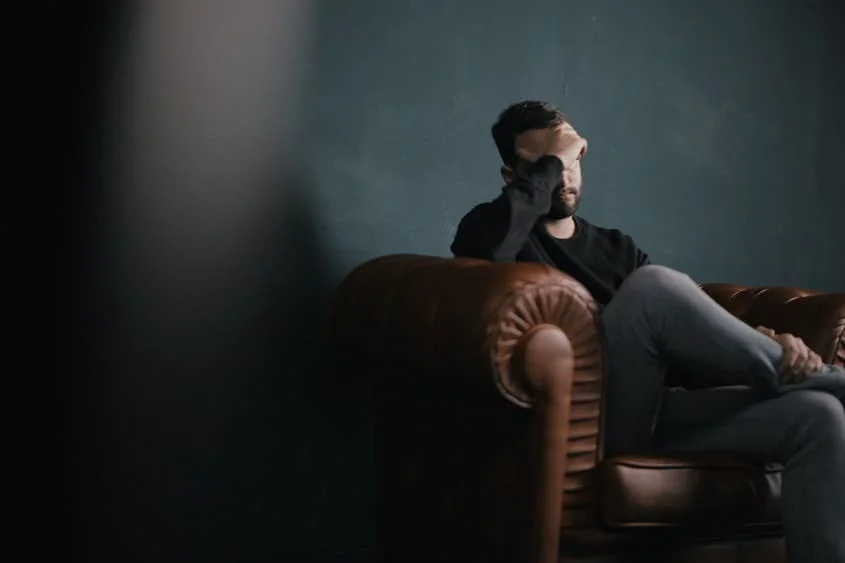5 Misconceptions about Mental Illness in Modern Society
- Updated on: Nov 24, 2024
- 2 min Read
- Published on Nov 24, 2023

1. People with mental illnesses are crazy
One prevailing misconception is the oversimplified label of “crazy” attached to individuals grappling with mental health challenges. In reality, mental illnesses are diverse, ranging from anxiety and depression to bipolar disorder and schizophrenia. These conditions manifest in various ways, and the majority of those affected lead normal lives, hold jobs, and maintain relationships. The term “crazy” not only oversimplifies the complexity of mental health but also perpetuates harmful stereotypes, hindering open conversations about the diverse experiences people have.
2. Mental illnesses are very rare
Contrary to popular belief, mental health issues are not as rare as one might think. If anything, mental health illnesses are common, although they vary in severity, from mild and temporary to chronic and debilitating. Recognizing the prevalence of mental health challenges is essential for fostering empathy and support within communities.
3. People with mental disorder can’t function
The assumption that individuals with mental illnesses cannot contribute to society is not only false but also harmful. Many people successfully manage their mental health conditions through treatment, therapy, and support systems, allowing them to lead fulfilling lives. Mental health should be viewed on a spectrum, with some individuals requiring more assistance than others. Encouraging inclusivity and understanding ensures that people with mental health challenges can actively participate in all facets of society.
4. Mental Illnesses make people violent
Another damaging misconception is the association between mental illness and violence. While some mental health conditions can contribute to aggression, the majority of individuals with mental illnesses are not violent. In fact, research consistently shows that people with mental health challenges are more likely to be victims of violence than perpetrators. Blaming mental illness for societal violence oversimplifies complex issues and contributes to the stigmatization of those already struggling.
5. You can’t get better if you have a mental illness
Perhaps one of the most detrimental misconceptions is the belief that mental illnesses are incurable. In reality, many mental health conditions are treatable, and individuals can experience significant improvement with the right support. Advances in therapy, medication, and holistic approaches have paved the way for recovery and management of mental health challenges. Providing hope and understanding that recovery is possible is crucial in dismantling the stigma surrounding mental illness.
Final Thoughts
As we navigate the complexities of mental health, it is imperative to challenge and dispel misconceptions that perpetuate stigma and hinder progress. Acknowledging the diversity of experiences within the realm of mental health allows us to build a society that fosters empathy, understanding, and support for all its members. By unraveling these myths, we pave the way for a more compassionate and informed approach to mental health in the modern world.












